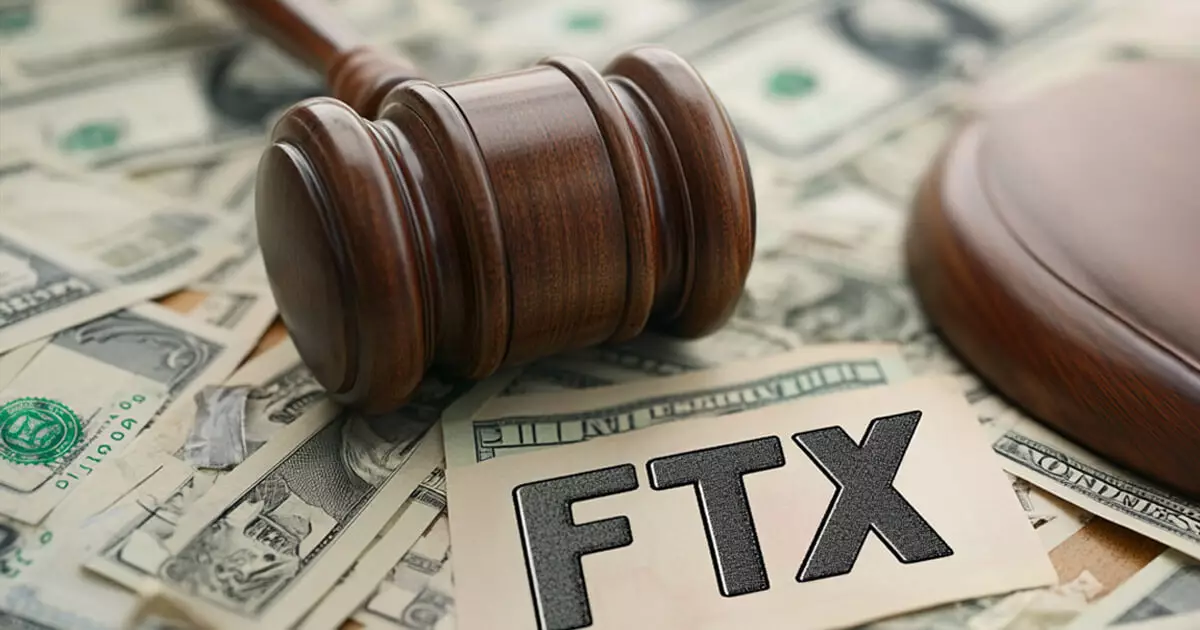The recent attempt by former FTX executive Ryan Salame to void his guilty plea has caused a stir in the legal community. Salame claims that prosecutors made false promises regarding their investigation into his partner Michelle Bond, leading him to plead guilty under misleading circumstances. However, the US Attorney’s Office has vehemently denied these allegations, stating that the charges against Bond are separate and ongoing.
Michelle Bond has been accused of conspiring to cause unlawful campaign contributions during her 2022 congressional run, a case now known as the “Bond Case.” Despite Salame’s claims that prosecutors implied they would not pursue Bond if he pleaded guilty, the government has made it clear that Bond’s indictment is distinct from Salame’s conviction. This distinction raises questions about the validity of Salame’s guilty plea and the influence of the government’s representations.
Salame’s legal team has filed a writ of “error coram nobis,” arguing that his guilty plea was influenced by misinformation from the government. If Salame’s petition is successful, it could lead to a reassessment of his plea agreement, potentially resulting in a full criminal trial. This development could significantly alter the course of Salame’s legal battle and have far-reaching implications for both his conviction and Bond’s prosecution.
The court hearing for Salame’s petition is scheduled for September 12 before Judge Kaplan, where both sides will present their arguments. The outcome of this hearing could shape the future of Salame’s case and shed light on the integrity of the legal process. Salame’s impending prison sentence adds urgency to the situation, as he faces the possibility of reporting to prison on October 13. Despite the looming imprisonment, the government has signaled its intention to continue investigating Bond, underscoring the complexity and gravity of the legal proceedings.
Overall, the legal battle of Ryan Salame raises important questions about the integrity of the criminal justice system and the role of prosecutors in influencing plea agreements. The outcome of Salame’s petition could set a precedent for future cases involving similar circumstances, highlighting the need for transparency and accountability in legal proceedings. As the case unfolds, it will be crucial to closely monitor the developments and implications for both Salame and Bond.

